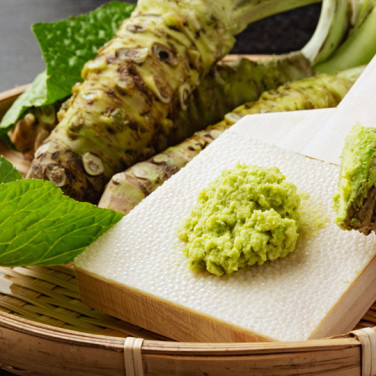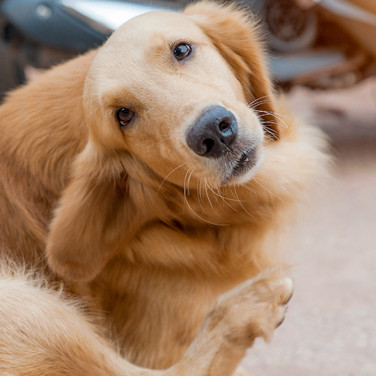FOOD
Can Dogs Eat Durian? Is Durian Safe for Dogs?
페이지 정보
본문


Can dogs have durian? YES!
Durian is a fruit native to Southeast Asia that is often referred to as the "king of fruits." It is high in calories and fat, but also rich in nutrients. While it is generally safe for dogs to eat, similar to avocados, it is important to remove the skin and seeds. As with all new foods introduced to pets for the first time, only feed a small amount to check for allergies. Exotic fruits like durian can cause weight gain if fed in excess, so it is important to monitor the amount given to your dog.

Nutritional facts of durian for dogs
Durian can be a helpful food choice for dogs trying to gain weight due to its high fat and calorie content. It also contains various vitamins and minerals, including vitamin C, A, niacin, riboflavin, vitamin B6, and vitamin B12, as well as potassium, phosphorus, and magnesium. Its fiber and antioxidant content can also promote overall health.
Main nutritional benefits of durian for dogs
-
Fiber
Fiber helps your pet's digestive system and helps deal with diarrhea or constipation. High fiber can help with weight management by providing a feeling of fullness.
-
Vitamins
- Vitamin C: Helps your pet's immune system. It is also known to help with cognitive problems due to aging.
- Vitamin A: Strengthens your pet's immune system and keeps their skin, coat, and vision healthy.
- Niacin (Vitamin B3): An essential nutrient for the body's metabolic activity, cognitive function, and hormone production.
-
Minerals
- Potassium: Kidney function is greatly enhanced by this essential nutrient, and helps the heart and muscles function properly.
- Phosphorus: An essential mineral for healthy bones, teeth, and metabolism.
- Magnesium: Muscle and bone development, as well as calcium absorption in the body, can be supported through adequate intake of this nutrient. It also plays a role in maintaining muscle and nerve function and providing energy to the body.
-
Antioxidants
Antioxidants such as flavonoids, carotenoids, and polyphenols help with immunity and anti-cancer benefits.

How to safely serve durian to your dog
When it comes to feeding Durian to your dogs, it's important to keep in mind that the fruit's skin is hard and has sharp spines. Once you cut the rind, you'll find soft chunks of flesh inside. Be sure to remove the large seeds and cut the flesh into bite-sized pieces before serving. It's also a good idea to start by feeding your dog a small amount of the fruit first to check for any allergic reaction to the fruit. Keep an eye out for any allergic reactions or digestive issues, such as vomiting or diarrhea.
How much durian should I feed my dog?
It is suggested that treats should be limited to around 10% of the recommended daily calorie intake. Due to its high fat and calorie content, it is advisable to serve durian in small portions in moderation.

Cautions to consider when feeding durian to dogs
High in fat and calories risk
Durian should not be given to overweight or obese dogs due to its high fat and calorie content.
Avoid feeding durian to dogs with kidney disease
If a dog has kidney disease or hyperkalemia, it is not recommended to feed them any durian due to its high potassium content.
Rind and seeds of durian are dangerous to dogs
Cyanide, which is toxic to dogs, can be found in durian seeds, like most fruit seeds. Durian seeds can cause a risk of suffocation if accidentally swallowed whole due to their large size. Although the skin of durian is not toxic, its thick and leather-like texture can cause digestive issues if ingested, particularly if it is swallowed by the pointed ends. Therefore, it is important to keep durian out of reach from your dog until ready to serve.
Beware of food allergies
When introducing new food to your puppy, it is recommended to test for any potential allergies by giving a small portion and monitoring for allergic reactions. If your puppy displays any symptoms of intolerance, it is important to stop feeding and consult a veterinarian immediately.
Signs of an allergic reaction to look out for:
- Skin problems: hives, facial swelling, itchiness
- Digestive problems: vomiting and diarrhea
- Shortness of breath
Curious if you can feed your dog other foods besides durian?

Does your dog also look up at you with those puppy dog eyes whenever you are snacking on something? You know foods like chocolates should not be shared with them but do you search the Internet every time if it’s okay to share a bite of whatever you are eating? The Buddydoc Food Dictionary provides information on hundreds of foods that we consume and informs you whether it is safe for them to consume and the nutritional benefits for your pet. If you're curious about other foods, try searching on Buddydoc!












